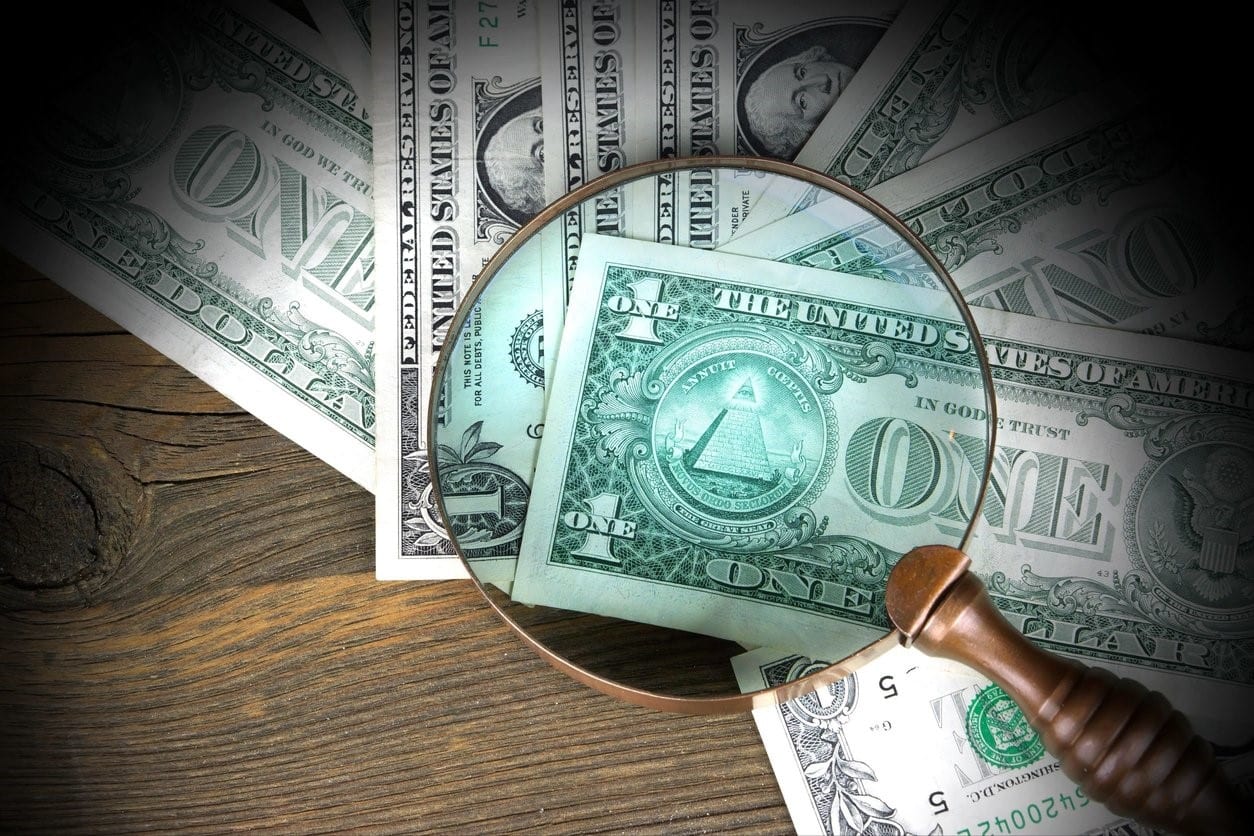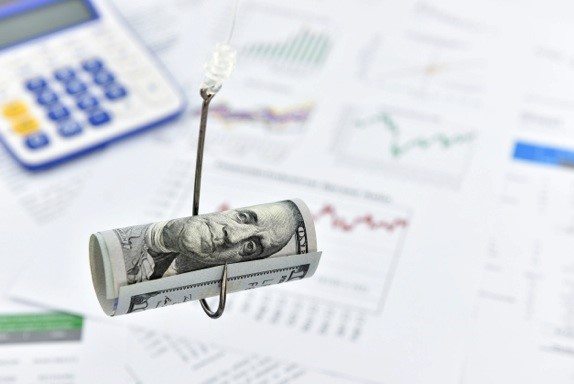
Investopedia defines a “Ponzi scheme” as a “fraudulent investment scam” that promises high rates of return. The scheme is built on the premise that the investments of original investors can be used to generate new investors with the promise that they will receive higher returns based on legitimate transactions from the original investment. Ponzi schemes generally collapse from their own weight within, i.e., the new investor money is not enough to satisfy the demand for returns by the original investors.
Stuart B. Millner, a former Union auctioneer and founder of Stuart B. Millner & Associates (SBMA), knows about Ponzi schemes. He recently pled guilty to federal charges of bank and mail fraud and now faces five years in prison for the “Ponzi-like” activity that he committed.
What exactly did Millner do?
SBMA helped clients sell property. The company would enter into a contract with clients and help them sell property through auctions. The clients would get money from the sale and pay SBMA a commission for their assistance.
Millner was convicted of using money taken from clients to satisfy debts SMBA owed to other clients.
SMBA told clients they would give them the proceeds from sales within 31 days, but didn’t always follow through on this obligation.
To conceal the wrongdoing inherent in these failed obligations, Millner falsified documents to change both the amount a property was sold for and when it was sold. He also provided false information to banks, overstating his property and understating his debt. This fraudulent activity totaled up to $2.5 million over a five-year period.
Why Were Millner’s Actions Called “Ponzi-like”?

Reports say that Millner was conducting a “Ponzi-like” scheme. You may have heard the term “Ponzi scheme” in movies or high-profile cases, but what exactly is a Ponzi scheme?
“Ponzi scheme” got its name from Charles Ponzi, who pulled off the most famous scheme of this sort in the 1920s. These schemes disguise themselves as businesses that promise investors incredible returns for their investment into the company.
The investors are assured that there is little risk involved in the scheme. When the scheme collects enough investors, they begin to pay original investors with funds from the new investors. Those running the scheme will lie to these investors by telling them that the funds they are getting back are from legitimate transactions that made a profit.

A “Ponzi scheme” got its name from Charles Ponzi, who pulled off the most famous scheme of this sort in the 1920s. These schemes disguise themselves as businesses that promise investors incredible returns for their investment into a company.
The investors are assured that there is little risk involved in the scheme. When the scheme collects enough investors, they begin to pay original investors with funds from the new investors. Those running the scheme mislead the original investors by telling them that the returns they are receiving are derived from legitimate transactions that made a profit.
Typically, investments should be transparent and communicated to both investors and the appropriate governing agencies. In Ponzi schemes, however, the investments are usually kept hidden from investors or described as “too complex” to account for. Investments are also typically hidden from the Securities and Exchange Commission.
Ponzi schemes are similar to pyramid schemes, as they constantly rely on new investors contributing to the endeavor for it to succeed. Many Ponzi schemes may offer incentives or rewards to older investors who recruit new investors into the scheme.
These types of schemes can’t last forever, though. Sometimes regulators will recognize the Ponzi scheme for what it is and take legal action against the people at the top of the pyramid. In other cases, the scheme just collapses because new investors stop contributing to it and the executives do not have the income to distribute back to investors. In these situations, the executives usually flee and leave all the investors high and dry.
What Are The Penalties for Committing Ponzi Schemes?

Stuart B. Millner faces up to five years in prison for his fraudulent activity at SBMA. Bernie Madoff, who pulled off one of the largest Ponzi schemes in history, is currently serving 150 years in prison.
How are these penalties determined?
Charges – There is no federal “Ponzi scheme” charge. Millner was charged with two counts of bank fraud and two different counts of mail fraud. Madoff was charged on 11 counts of money laundering, fraud, theft, and perjury. You can learn more about different fraud-related charges here.
Money Involved – The biggest difference between Millner’s scheme and Madoff’s scheme is the sheer amount of money that was taken from victims. Overall, Millner will probably not be held accountable for more than $3 million, unless additional schemes or clients are discovered during further investigations. In contrast, Bernie Madoff scammed around $65 billion out of investors over the course of several decades.
Other Factors – Like most criminal charges, other factors, including past criminal convictions, will also play into the sentence upon conviction.
A quick note for anyone who recently invested and is now worried about where they placed their money: if you simply participated in a Ponzi scheme by investing, and were not involved in conducting the scheme or profiting from the criminal activity of the scheme, you will most likely avoid arrest or criminal charges. Victims of Ponzi schemes rarely face criminal repercussions, because they are usually unaware of the fraudulent activity behind the company.
What if you are facing charges related to a Ponzi scheme or another type of fraud?
Hire a knowledgeable fraud attorney and start fighting back.
Federal fraud charges can put you behind bars for years – or even decades – but there are defense strategies that can use to minimize the damage. The best way to protect your future is to reach out to a federal defense lawyer immediately upon being arrested or charged.



